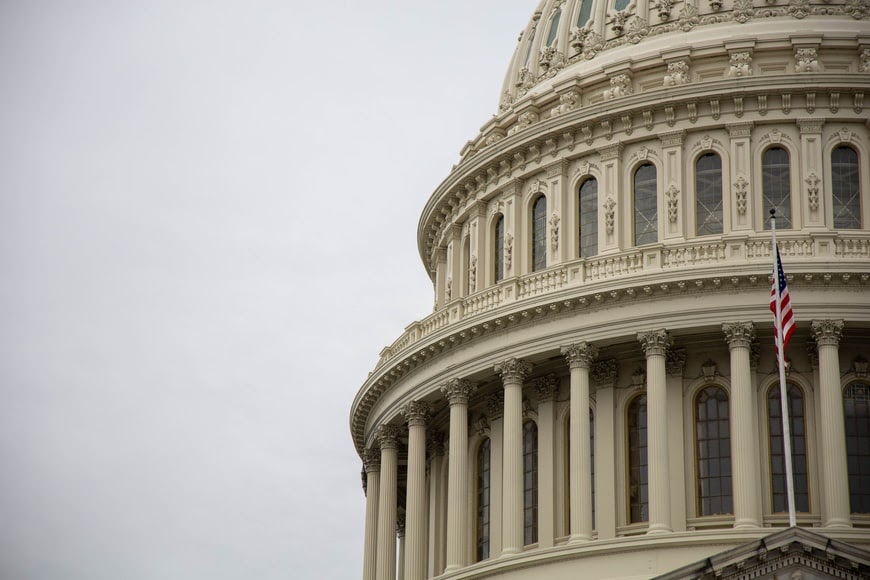How the “Dear White Staffers” Instagram page is working to unionize Capitol Hill
Photo courtesy of Unsplash/Joshua Sukoff.
The Capitol Building, D.C.
Over the past couple of years, an anonymous Instagram account under the name of “Dear White Staffers” has been raising awareness about the treatment that many BIPOC individuals experience while working in the White House. This treatment includes low pay, toxic office cultures and discriminatory practices.
With approximately 82 thousand followers, Dear White Staffers has been making national headlines, appearing on prominent news sources such as The Washington Post, Politico and The New York Times.
Although some of their Instagram posts take on a lighter tone with memes and humorous videos, their impact has been profound.
On Feb. 3, Drew Hammill, an aide of U.S. Speaker Nancy Pelosi, tweeted his support for Dear White Staffers’ efforts to unionize, writing, “Like all Americans, our tireless Congressional staff have the right to organize their workplace and join together in a union. If and when staffers choose to exercise that right, they would have Speaker Pelosi’s full support.”
Dear White Staffers has been welcoming of this support. On Feb. 4, the page shared an article from The Hill about Pelosi’s support for unionization and captioned the photo “WE CHANGED THE ENTIRE CONVERSATION.”
On Feb. 8, White House press secretary Jen Psaki addressed this push for unionization, saying that “Biden supports the right of any individual to… join a union,” and that “Capitol Hill staffers are certainly individuals who are pursuing that.”
Dear White Staffers posted and celebrated the news on the same day it occurred.
Although no definitive action has been taken in Washington yet, the page’s reach has been expanding, and they have been gaining momentum ever since.
Many House staffers have anonymously shared their grievances on the Dear White Staffers Page, though views on unionization vary.
According to Jordan Harris, staff assistant at the U.S. Senate Committee on Banking, Housing, and Urban Affairs and a university alumni, unionization is a “a good idea,” but “won’t work for every single office.” Harris elaborated, saying that with “435 offices… it’s self explanatory, seeing how the House works.”
Although Harris was in support of unionization, his view was that getting all offices to do so would be unrealistic. “Imagine if [the offices of Marjorie Taylor Greene and Alexandria Ocasio-Cortez] had to agree on workplace initiatives,” he said. “Even the simplest things, you’re not going to [see].”
When asked what a good path forward would be, Harris said “I would love to see more training available… they do have sexual assault and harrasment training, but… people don’t take it in.”
Although it’s unclear what the future of unionization will be, it’s becoming a topic that is increasingly spoken in Congress.
Moreover, although the topic of unionization holds weight for current staffers, it also holds weight for political science students at the University of New Haven, many of whom are either planning to study in Washington, or are currently studying in Washington in the Washington Institute Internship (WII).
A number of students are currently interning in D.C. as a part of WII, and many university alumni are also actively working in D.C. Improving working conditions on Capitol Hill, and creating a more transparent working environment has positive ramifications for all future and current employees in Washington.
The Dear White staffers Instagram page has not responded to a request to comment.

Samuel Weinmann is a passionate journalist who is a junior international affairs major at the University of New Haven. As the editorial head of the Charger...




